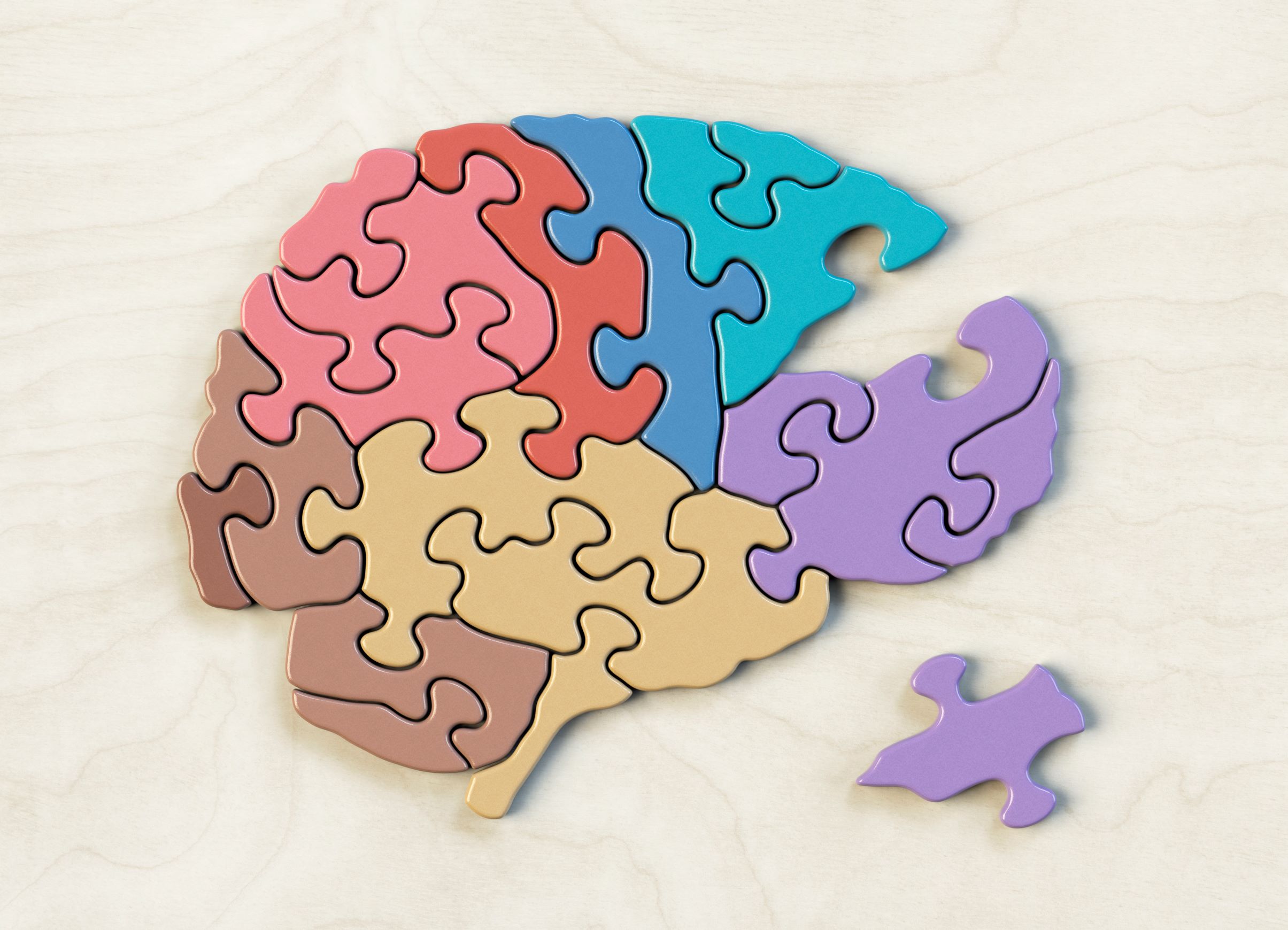AARP Hearing Center

June is Brain Health Awareness Month. It’s never too late to focus on your brain health!
(This is intended to be informational and educational and does NOT constitute medical advice, diagnosis, or treatment.)
A lifestyle that supports brain health can make a difference to your well-being throughout your life. Learn ways to take charge and improve your quality of life with the six pillars of brain health.
1. Be Social
Connecting with other people is stimulating, challenging, and often adds meaning and purpose to our lives. Stay engaged with friends, family, and community.
Consider these ideas for connecting with others and getting involved:
- Join a club or participate in sports
- Attend community events
- Consider adopting a pet
- Volunteer
2. Engage Your Brain
Learning new things or pursuing new interests can be stimulating for our brain. Stay curious and give yourself a good mental workout by doing something that challenges your thinking and offers you enjoyment.
Ideas to help you challenge yourself:
- Take or teach a class
- Learn a new language, dance, or musical instrument
- Try complex arts and crafts
- Play challenging card or board games
- Check out an AARP KY webinar about music's impact on the brain
3. Manage Stress
Stress management is especially important in difficult times. Smiling, laughing, distracting yourself with music or reading can help relieve the effects of stress. How do you manage stress?
Tips for reducing stress:
- Confide in friends
- Practice mindfulness
- Take stretch breaks to give your mind moments of rest
- Deep breathing can also be calming
4. Stay Active
Get your body moving in whatever way is safe, comfortable, and enjoyable for you! Physical activity can help reduce anxiety and improve sleep.
Ways to get active:
- Walking, Running, Biking, or Pickleball
- Dancing
- Strength Training
- Tai Chi, Yoga
Consult your doctor before starting any new exercise regimen.
5. Restorative Sleep
Sleep restores the brain and is essential to our overall mental and physical health. Professionals recommend 7-8 hours of sleep per night for adults. Going to sleep and waking up at the same time every day is another recommended technique for better sleep.
Additional tips for better, restorative sleep:
- Adjust caffeine intake (avoid or limit after lunch)
- Restrict fluids and food three hours before going to bed
- Limit or avoid exposure to light and electronics before bed
- Keep your room cool
6. Eating Brain-Healthy Foods
What you eat can also have an impact on your brain. Although no specific diet has been proven to maintain or improve brain health, studies have found that certain foods can help cognition.
Examples of Brain-Healthy Foods:
- Fish/Seafood
- Whole berries and leafy green vegetables
- Olive oil
- Nuts
- Using vinegar, lemon, herbs, and spices for flavor (rather than excess salt)
For more information on brain health from AARP, visit aarp.org/brainhealth.
To request a speaker on this topic in Kentucky, please complete our speaker request form here.































































